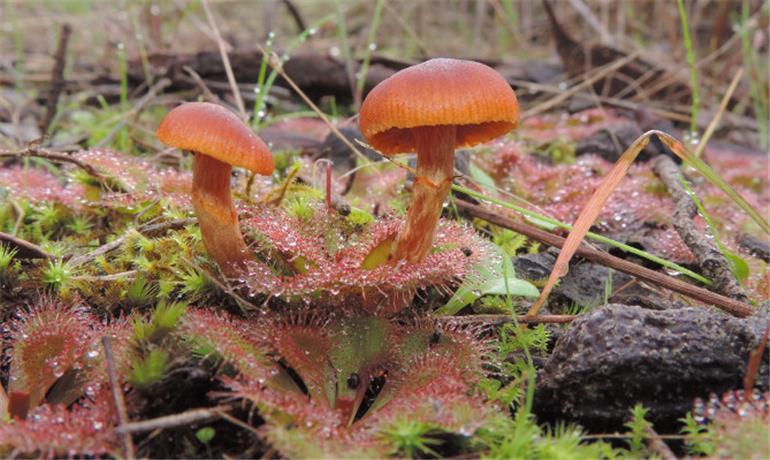I've had to re-evaluate my diet recently due to a worsening neutrophil count and it's not much fun!  What I did find both interesting and encouraging, is that the latest thinking seems to be that you can do much to protect yourself from food borne illnesses without going to the full extent of a neutropenic diet. Even what's considered to be a neutropenic diet varies somewhat depending on your source. Apparently it is hard to scientifically prove the value of going onto this restrictive diet per this meta-analysis published in January 2019: ncbi.nlm.nih.gov/pubmed/306...
What I did find both interesting and encouraging, is that the latest thinking seems to be that you can do much to protect yourself from food borne illnesses without going to the full extent of a neutropenic diet. Even what's considered to be a neutropenic diet varies somewhat depending on your source. Apparently it is hard to scientifically prove the value of going onto this restrictive diet per this meta-analysis published in January 2019: ncbi.nlm.nih.gov/pubmed/306...
As mentioned in the above reference, dieticians also are concerned that there's a danger of not getting a sufficient range of essential nutrients. Given the fact that you can become ill anywhere from a few days to a few months after exposure to listeria bacteria, which is common in the environment, you can appreciate the difficulties of trying to prove patients are better off on a neutropenic diet.
This month's (June 2014) Australian Leukaemia Foundation CLL Teleforum guest speaker Danielle Keoller (Oncology / Haematology, a dietitian at the North Coast Cancer Institute / Coffs Harbour NSW), provided plenty of useful tips for healthy eating for CLL patients, with particular attention to recommendations for immune compromised patients.
Here's the safe eating diet recommended by Danielle, which is a consensus document by Queensland Dietitians that was last reviewed in November 2013 and is available from the Queensland Oncology Health Department site:
health.qld.gov.au/nutrition...
Introduction
"Some foods normally contain bacteria. These bacteria are not usually harmful; however,
when your immune system is weak, they can cause infections. The role of the immune
system is to protect your body from illness caused by certain bacteria or viruses. The
following guidelines have been developed, to ensure the proper handling, preparation and
storage of foods to assist you in reducing the bacterial content of the foods you eat."
There are many more helpful publications available from the same site:
health.qld.gov.au/nutrition...
There is at one advantage of being on either the above diet or the classic neutropenic diet - more freshly cooked food! It's recommended you don't eat leftovers that are more than a day old  .
.
Other references:
So what is a Neutropenic Diet? Why should we follow it post treatment?
healthunlocked.com/cllsuppo...
Patient Power presentation by Julie, a Cancer Dietitian, in a 15 minute video on an evidence based Neutropenic Diet, safe food handling and foods to boost blood counts
facebook.com/PatientPower.I...
Other tips that could save your life if you are neutropenic
healthunlocked.com/cllsuppo...
Want to boost your immunity? Read this post!
healthunlocked.com/cllsuppo...
There's much more you should do to keep yourself safe from infection when you are neutropenic. The UK Lymphoma association's site explains what to do very well here: lymphomas.org.uk/about-lymp...
(Remember, CLL/SLL is a non-Hodgins Lymphoma!)
Bloodwise released a new 'Eat well with neutropenia' booklet in May 2017 which may be of interest see: bloodwise.org.uk/sites/defa... This link is also available from the CLLSA UK resources page
Neil
